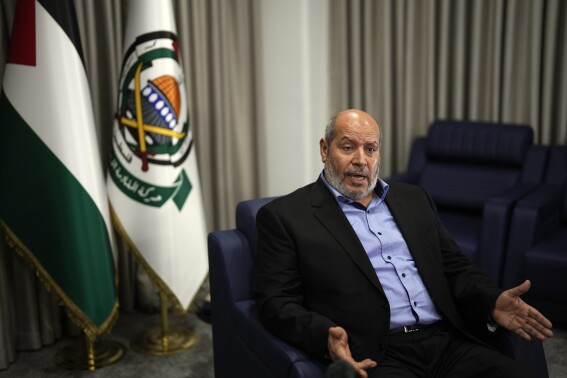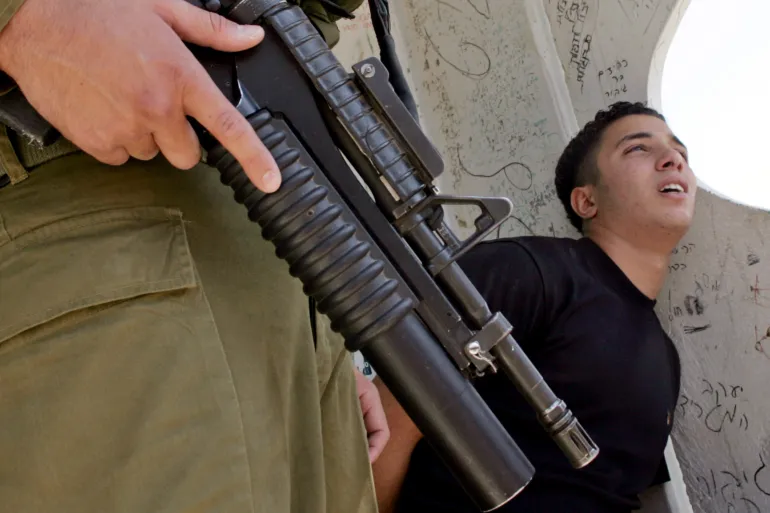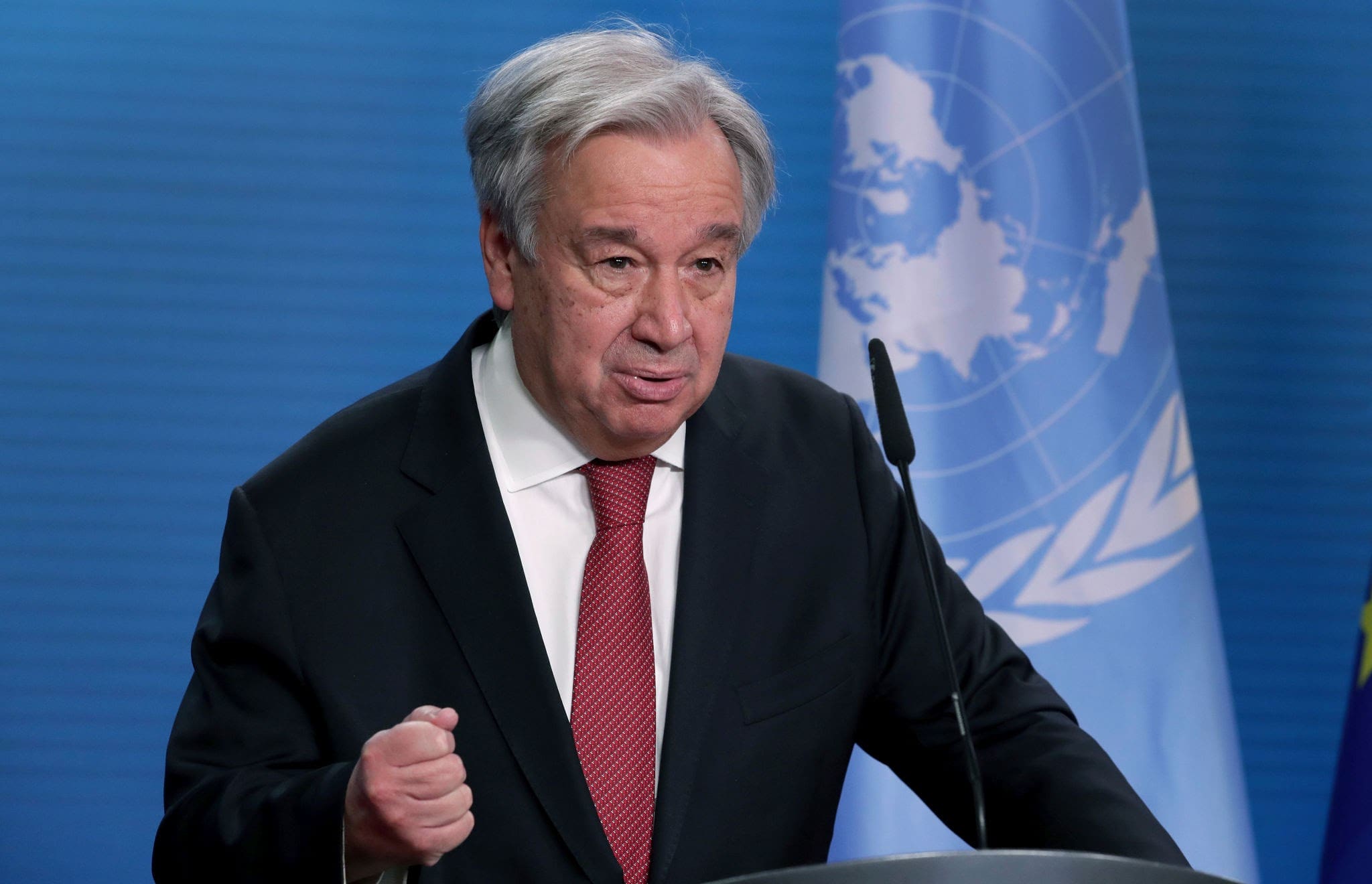In a recent operation, the Israel Defense Forces (IDF) have exposed a significant terrorist infrastructure within the United Nations Relief and Works Agency (UNRWA) headquarters in Gaza City. The IDF’s precision raid revealed a well-established combat compound used by Hamas and Palestinian Islamic Jihad (PIJ) terrorists.
The Raid and Discoveries
Acting on intelligence, the IDF’s Commando Brigade, supported by the 99th Division, launched a meticulously planned raid on the UNRWA compound earlier this week. The operation aimed to dismantle the terrorist network embedded within the facility. During the operation, IDF troops engaged in close-quarters combat with armed terrorists and captured several operatives attempting to flee the scene.
The raid uncovered an extensive array of military-grade weapons and surveillance equipment, including:
- Tactical drones
- Rockets
- Machine guns
- Mortars
- Explosives
- Grenades
Combat Compound and Surveillance War Rooms
Inside the UNRWA headquarters, IDF forces discovered multiple surveillance war rooms and command centers. These facilities were equipped with tactical drones and other advanced surveillance tools used to monitor Israeli military movements. Additionally, the IDF uncovered parts of a Hamas drone and various weapons intended for future attacks.
Underground Weapons Lab
In a nearby university building, IDF commandos found an underground bomb-making laboratory. This facility housed equipment and materials used to manufacture explosives and other weapons, further highlighting the depth of the terrorist infrastructure in the area.
Humanitarian Measures
To mitigate civilian harm, the IDF established a defined corridor at the start of the operation, allowing civilians to evacuate safely. This action underscores the IDF’s commitment to minimizing collateral damage while conducting counterterrorism operations.
Historical Context
This is not the first time the UNRWA headquarters has been implicated in terrorist activities. Earlier this year, the IDF uncovered a major Hamas tunnel network passing beneath the compound. The repeated use of UNRWA facilities for terrorist purposes raises significant concerns about the organization’s security protocols and oversight.
International Implications
The discovery of a Hamas war room and extensive weaponry within a UNRWA compound is a stark reminder of the ongoing security challenges in Gaza. It calls into question the effectiveness of international aid organizations in preventing their facilities from being exploited by terrorist groups.
The IDF’s latest operation is a critical step in dismantling terrorist networks in Gaza, ensuring the safety and security of both Israeli and Palestinian civilians. As the international community absorbs the implications of these findings, it becomes increasingly clear that a robust and transparent approach is needed to address the misuse of humanitarian facilities for terrorism.
Conclusion
The IDF’s uncovering of terrorist infrastructure within the UNRWA headquarters in Gaza City underscores the ongoing threat posed by Hamas and PIJ. The operation not only highlights the need for vigilant counterterrorism efforts but also raises critical questions about the role and responsibilities of international aid organizations in conflict zones. The world must confront these realities to foster a more secure and peaceful future for the region.






